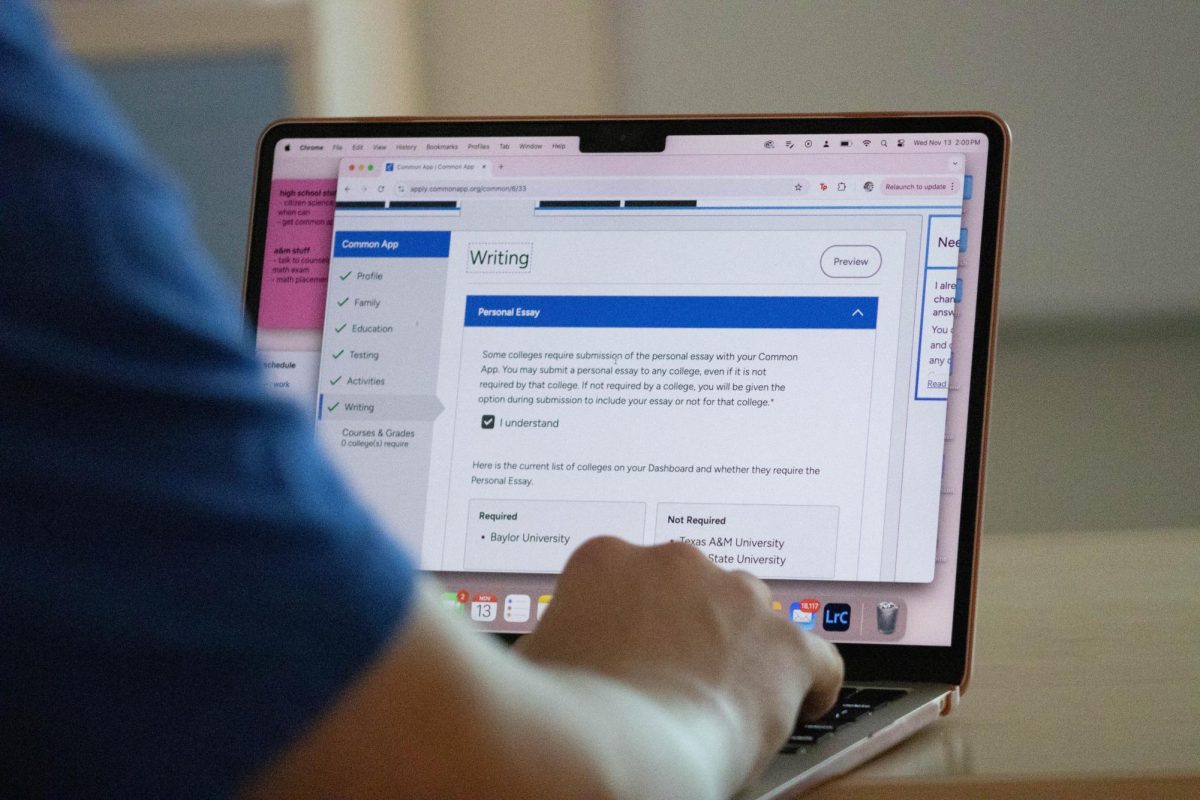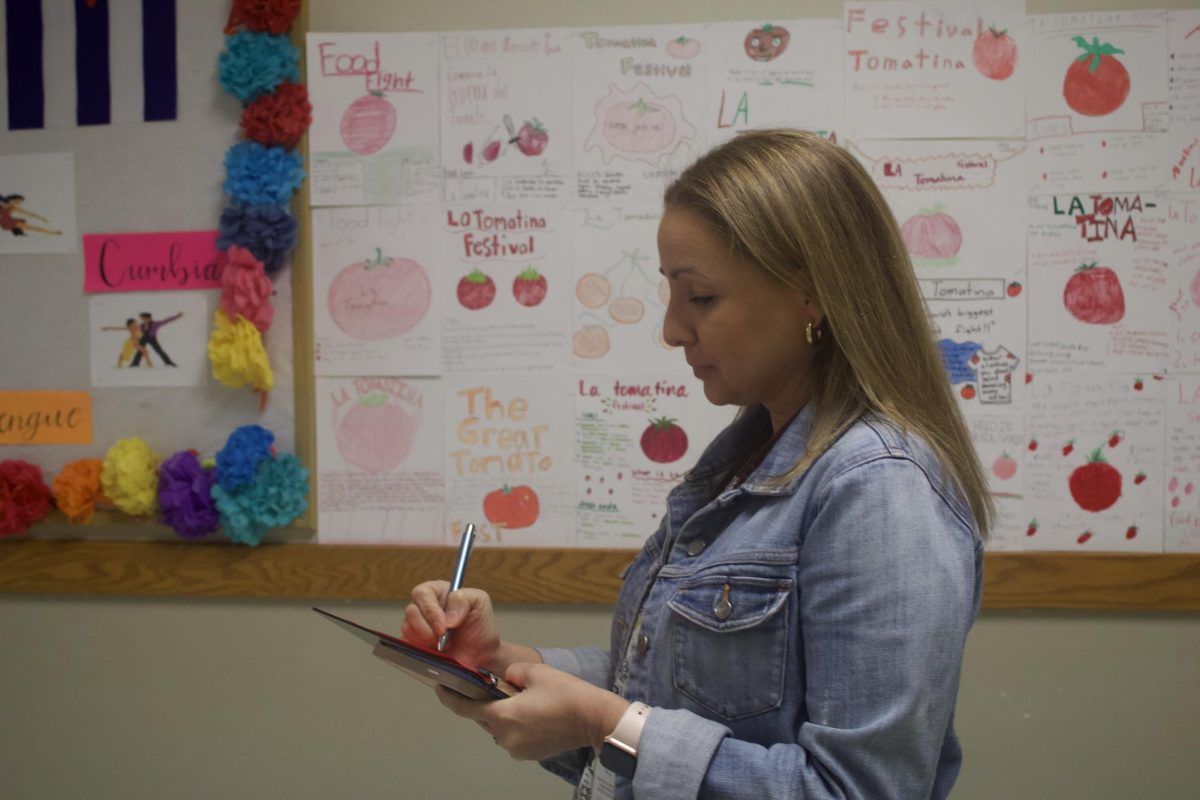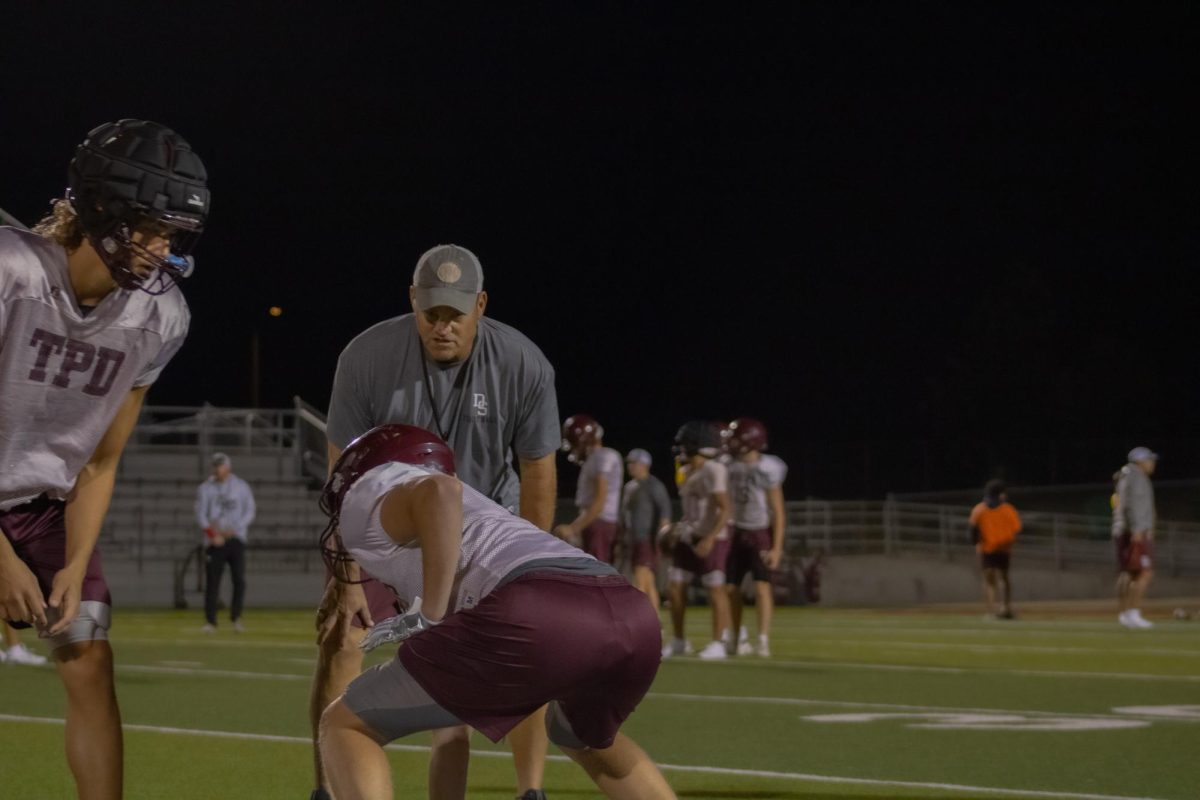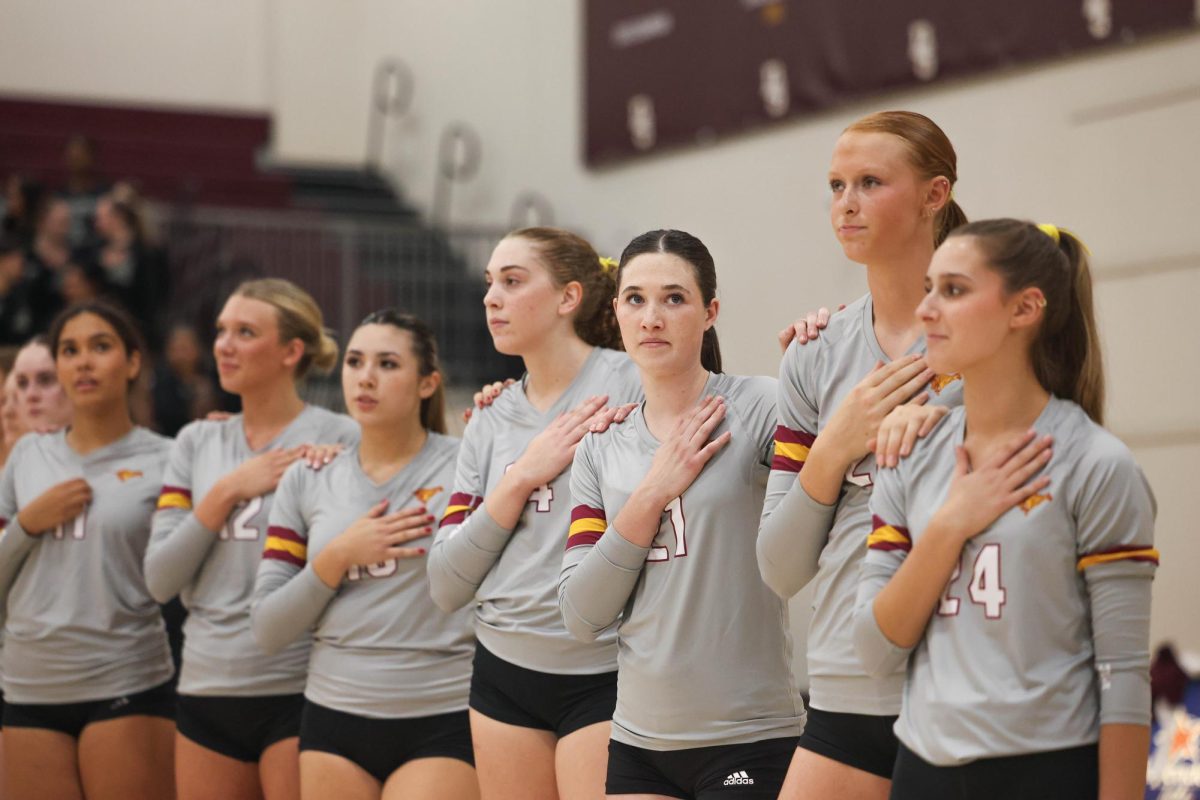1. Start Early:
The first piece of advice that is simple yet probably the most important: START EARLY! Going into your senior year, you are going to be so busy with school, friends, and extracurriculars, that you will not want to be stressing about college essays. Although your classes are bound to be relatively easy, you will still have the same old-packed high school schedule, so having your top choices already submitted before or in August of your senior year is a great relief.
2. Do Your Research:
Before applying, ensure you know all you need to know about your schools. Make sure not to apply to a college just because your friends are there or the campus is pretty. It’s important to research the different programs all these universities offer and decide which one best suits your future. Every university will have a website with contact information and in-depth descriptions of their offered majors and minors. I advise at the start of your search using Google; search “best school in (wherever is applicable) for (whatever major or career you want to pursue)” and use that as a broad guideline for schools you could consider.
3. Get a Letter of Recommendations Early:
Most of this advice may seem repetitive, but starting early is the key to a strong application for almost every aspect of it. Writing of all forms can easily look rushed, coming from yourself and others. The key to a strong letter of recommendation is giving the recommender optimal time to complete it. I advise the upcoming applicants to ask for letters of recommendation before the summer of their senior year. If a teacher is not getting back to you, remember they are people too and can forget, therefore a respectful follow-up is a great way to keep in touch.
4. Focus on Activities List:
Your grades are important but in college applications, you are evaluated based on how well-rounded you are, not only as a student, but also as an overall person. Having strong academics is important, but it is equally as important to be involved in activities that correlate to your future endeavors. Having clubs, volunteer opportunities, sports, and even a part-time job are all necessities for a strong college application.
5. Diverse Activities are Key:
I believe that what ultimately set me apart in my applications was having a broad spectrum of extracurricular activities, being extremely impressive on an application. Even if your only sport is football, discuss other things that you are involved in such as NHS or HOSA or even out-of-school activities like family obligations and (if applicable) a part-time job. Don’t make one extracurricular the center of your entire application, it is important to show balance across many different parts of your life. These are what will set you apart from the competition.
6. Don’t Stress About Test Scores:
Unless you are specifically trying to get a scholarship from these testing agencies, a perfect SAT or ACT score is not the key component to getting into college. Not only are many schools test-optional now, but it is not the end all be all if you do not have a great score when submitting to a non-test-optional school. As long as you have good grades in challenging courses to compensate for it and an impressive resume covering out-of-school activities, the score highlights such a small part of the overall application and therefore should not be stressed about.
7. Make Your Essay a Positive Message:
The dreaded personal statement essay is often the hardest part of the application for many applicants. Although it may seem a daunting task, if you plan ahead of time it is not too difficult. The only thing I would suggest is to ensure your essay is not a complaint. Many applicants get caught up in the idea of “trauma dumping” in the essay, and although it’s important to mention the struggles you overcame, they cannot be the focal point. Focus the majority of your essay on the growth you gained from the challenges you want to discuss. This shows how you as a person handle conflict rather than complaining about tribulations you have endured.
8. Tour Your Top Schools:
Touring schools is what gets you excited about applying and about attending college in general. It makes it feel all so much more real when you walk around campus and imagine, “That could be me.” The feeling you get the second you step on the campus will help you decide whether you should apply to that school or not. I would advise you to go with your gut when visiting schools.
9. Email Organization:
This is something I learned after I submitted all my college applications and I’m sorry I did. Making a separate email for all of your college endeavors might help you stay organized with all of the separate emails you will receive. It also might make it easier for you to access your acceptance letters as you have one specific email for all of them. Once you take the SAT for the first time there will be a box you can check off that allows universities to email you and promote themselves, if you have one email to send all of these to it could help keep your inbox less cluttered.
10. Don’t Judge A School Based On Its Acceptance Rate:
When applying to colleges it can easily become a competition. I’ve seen some people searching for the hardest schools to get into and then applying just to say you applied. This is completely unproductive and will not get you to where you want to go. Safety schools are great to have but should not be underestimated, if you end up attending what you deemed your ‘safety school”, you could be pleasantly surprised! Don’t let the competition of acceptance rates blind you from overlooking a school that might be just right for you.
























